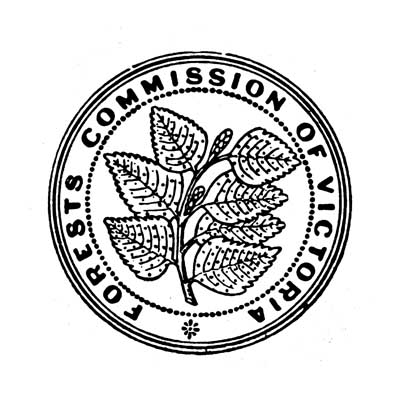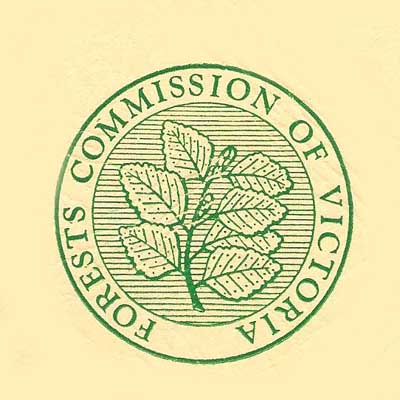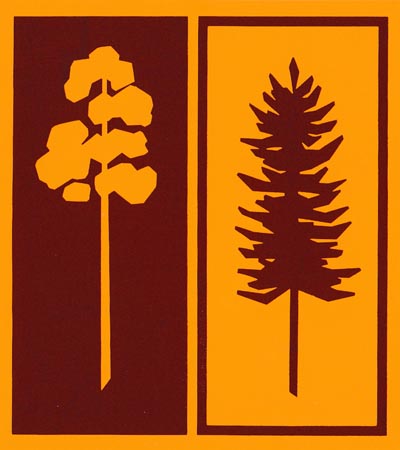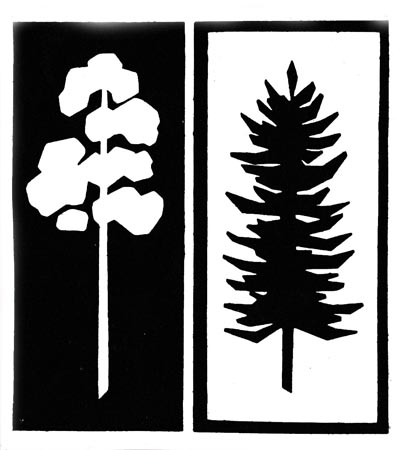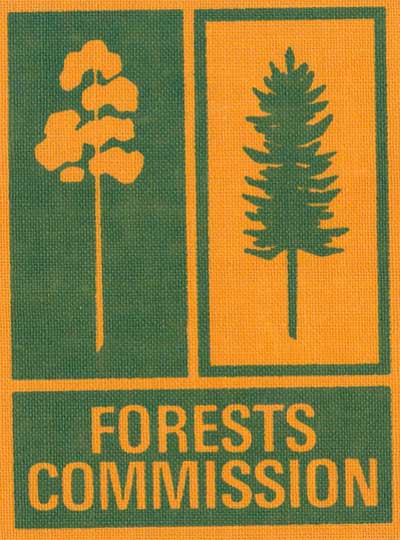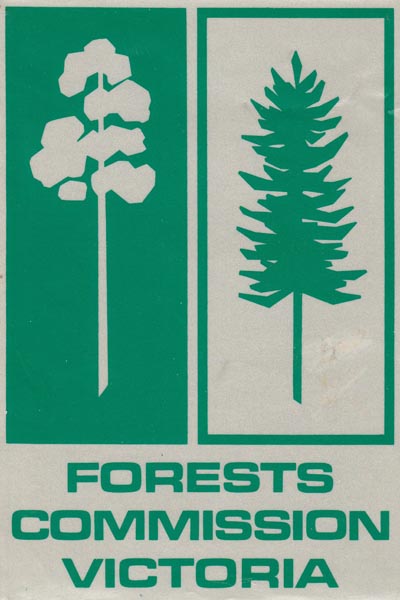VicForests
The role of VicForests, as defined in the organisation's first Annual Report, is shown below.
All available VicForest Annual Reports are in the Site Library. For the years 2006-07 to 2014-15, and the year 2017-18 we have added Sustainability Reports, that were originally published separately, to the end of the relevant Annual Report.
VicForests ceased being a State business corporation on 5 September 2023.
VicForests was established as a State Owned Enterprise and began operating as a business on 1 July 2004. The organisation is charged with the responsibility of managing the harvest and sale of timber resources from Victorian State forests.
VicForests’ mission is to build a responsible business that generates the best community value from harvesting Victoria’s State forests.
VicForests’ vision is to be a leader in a sustainable Victorian timber industry.
VicForests’ functions are to:
- undertake the sale and supply of timber resources in Victorian State forests and related management activities, as agreed by the Treasurer and the Minister for Finance, on a commercial basis;
- develop and manage an open and competitive sales system for timber resources; and
- pursue other commercial activities as agreed by the Treasurer and the Minister for Finance.
VicForests is charged with:
- operating its business and pursuing its undertakings as efficiently as possible, consistent with prudent commercial practice;
- being commercially focused to deliver efficient, sustainable and value-for-money services;
- operating in a framework consistent with Victorian Government policy and priorities.
Sales of logs and almost all other timber resources are currently by licenses that stipulate the grades, species and quantities of timber to be sourced from specific areas.
Prices are determined administratively. With the introduction of the Price Allocation Model, licenses will be replaced by timber sales agreements and prices will be determined by competition at auction.
Therefore VicForests current role is essentially to:
- plan and prepare coupes for harvesting;
- arrange the building and maintenance of the required forest roads;
- monitor harvesting;
- invoice customers and collect the sales proceeds; and
- regenerate coupes after harvesting.

